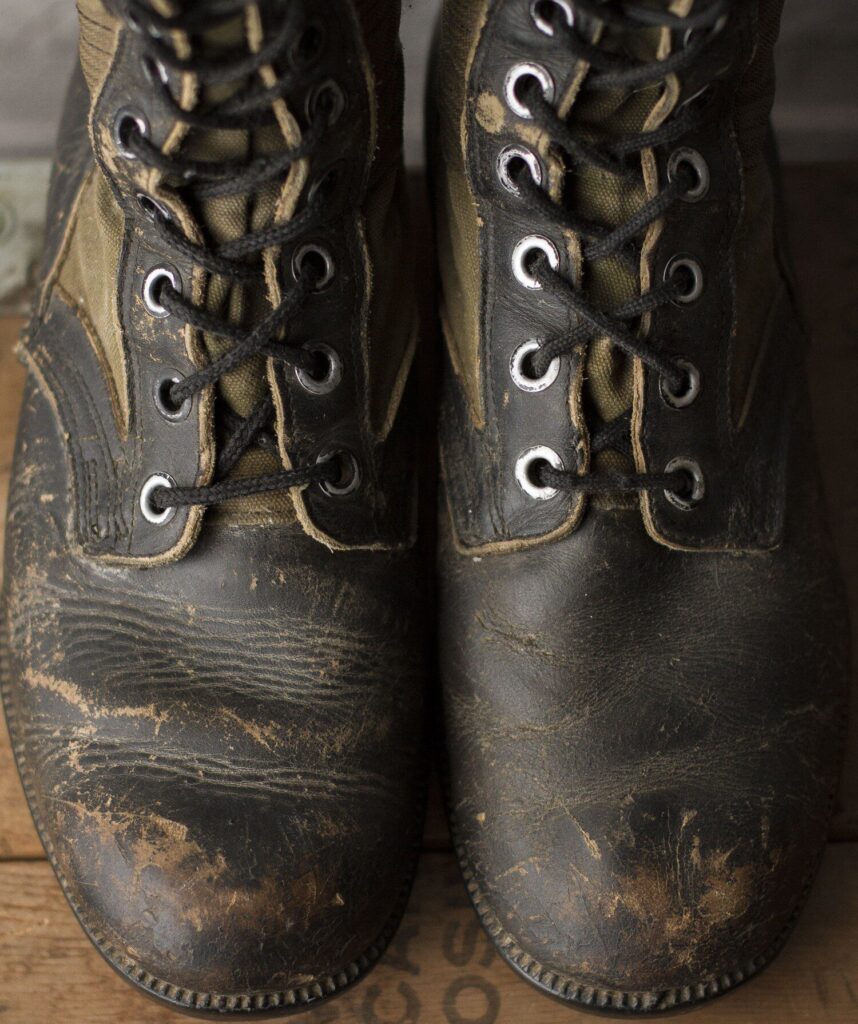My father kept his boots by the door until the day he died.
They were scuffed, sun-bleached, and one of the soles had separated near the toe, but he never threw them out. Said they reminded him of who he’d once been—and what he survived.
He didn’t talk much about Vietnam. Most nights, he didn’t talk at all. I’d hear him in the kitchen after midnight, pouring coffee or fixing the sink when it didn’t need fixing. He moved like someone who didn’t trust silence, but didn’t welcome conversation either.
I once asked him if he ever killed a man.
He looked at me for a long time. “You don’t come back the same,” was all he said. Then he went back to patching drywall like the question had never been asked.
Growing up, I didn’t understand the quiet. I thought he was distant. Cold, even. Other kids had dads who came to ballgames or took them camping. Mine sat in the garage polishing a car that never left the driveway. But he never missed a morning drop-off. Never forgot to check the locks. He always filled the gas tank the night before, even if it meant driving out in a storm.
And every Veterans Day, he would get up before the sun, lace up those old jungle boots, and walk two miles to the war memorial alone. He never took a camera. Never let anyone go with him.
I went once, after I turned 20. Followed him at a distance, stayed across the park. I saw him stand in front of that wall of names for nearly an hour. He didn’t salute. Didn’t kneel. Just stood. And then, when no one was watching, he reached down and touched the concrete with his fingers like it was skin.
That’s when I realized: he didn’t talk about the war because part of him was still in it.
He taught me things without words. Like how to keep your promises even when they’re hard. How to carry grief without letting it poison your love. How to come home, even if it takes years.
When he died, we buried him in a suit—but I placed those boots at his feet. The funeral director said they weren’t regulation. I said they were the only damn regulation that mattered.
I wear them now sometimes—just around the yard, when I rake leaves or fix the porch rail. My son asked about them once, and I told him they belonged to a man who never wanted a statue or a medal. Just a country that kept its word and a family that knew he tried.
The soles are nearly worn through now. But I’m not ready to let them go.
Some burdens are quiet. Some bravery, invisible. My father never took those boots off because he never stopped walking the long way home. And I wear them now because someone should finish the journey.

